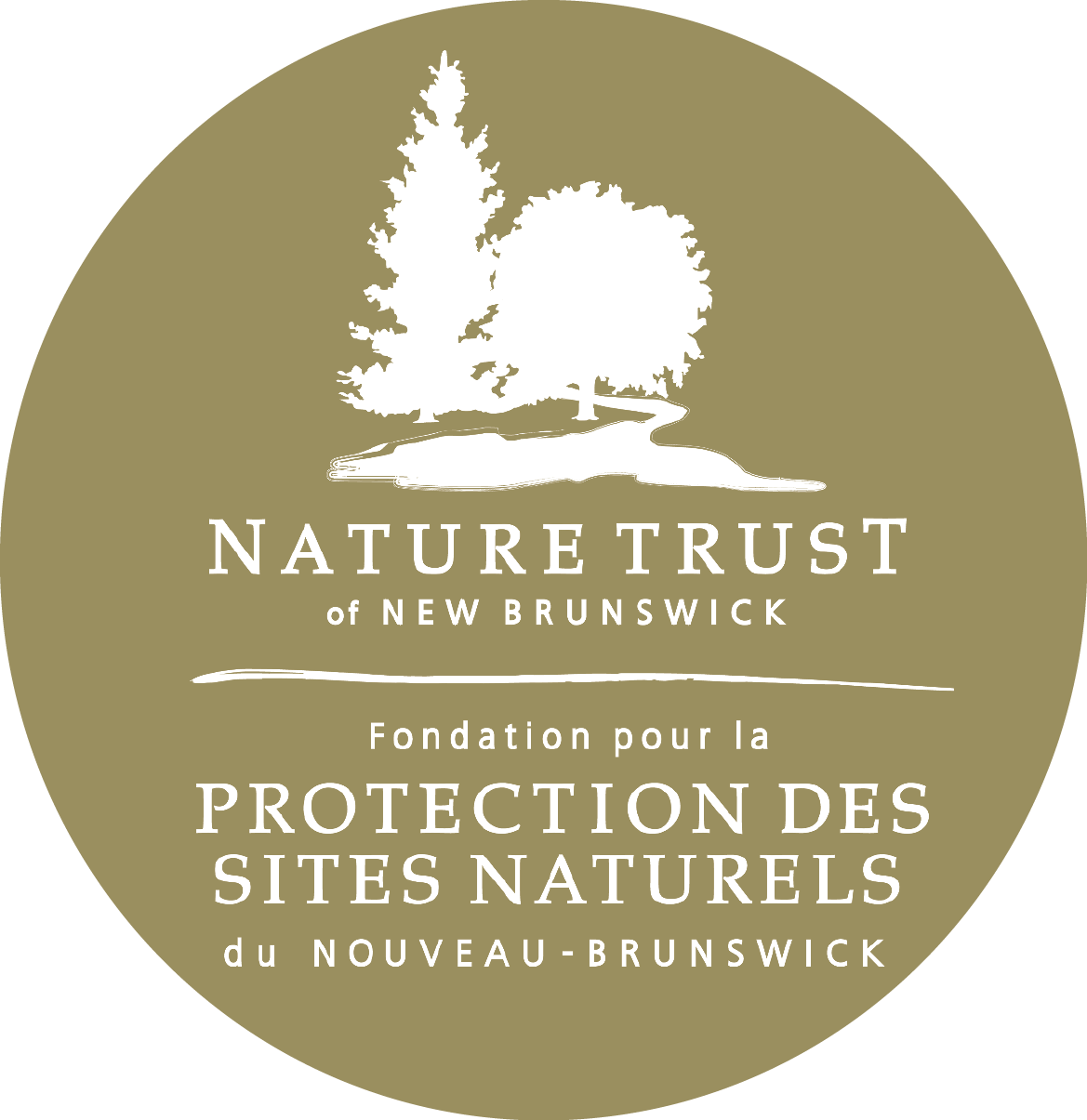Overview
South Wolf Island is the southernmost island in the Wolves Archipelago. It is 43 hectares, with 6100 feet of high quality, undeveloped coastline. South Wolf, along with nearby Flat Pot Island, Spruce Island, Green Rock, and East Wolf Island can be found in the lower Bay of Fundy, roughly 12 km from Blacks Harbour.
History
Patrick and Lewis Connors of Blacks Harbour, New Brunswick established Connors Bros. in 1893 as a sardine canning plant. Patrick and Lewis’s father, James Connors, was an Irish immigrant who settled in Blacks Harbour prior to 1889. Starting in 1924, Connors Bros. began acquiring other companies in the industry and continued to do so for the next 20 years.
Connors Bros. Clover Leaf Seafood Company donated South Wolf Island Preserve to the Nature Trust as an ecological gift in 2011.
Ecology
The Wolves Archipelago is rich in bird species that are not commonly found on the mainland. This area has received international recognition as part of an Important Bird Area and has been described as an Environmentally Significant Area for birds by the Province of New Brunswick. The islands provide a wintering site for harlequin ducks and purple sandpipers. The islands are also home to a variety of seabirds including breeding population of black legged kittiwakes, common eiders, great black-backed gulls, herring gull, and razorbills. The land bird species include song sparrow, black-throated green warblers, American crows and ravens. Offshore, the endangered North Atlantic right whale can be found in most seasons.
Vegetation on the islands is mainly coniferous with an abundance of lichens and mosses, as well as three common orchids, Habenaria obtusata, H. clavellata, and Listera cordata. Two extremely rare plants, marsh felwort (Lomatogonium rotatum) and round-leaved sundew (Drosera rotundifolia var. comosa) are also found.
Access and Activities
There is no public ferry to the island, however, visitors can charter a boat from Blacks Harbour or Beaver Harbour provided written consent has been provided by the Nature Trust.
No visiting is allowed between March and September due to the bird breeding season. For more information, please review Environment Canada’s guidelines to avoid disturbance to seabird and waterbird colonies in Canada.


